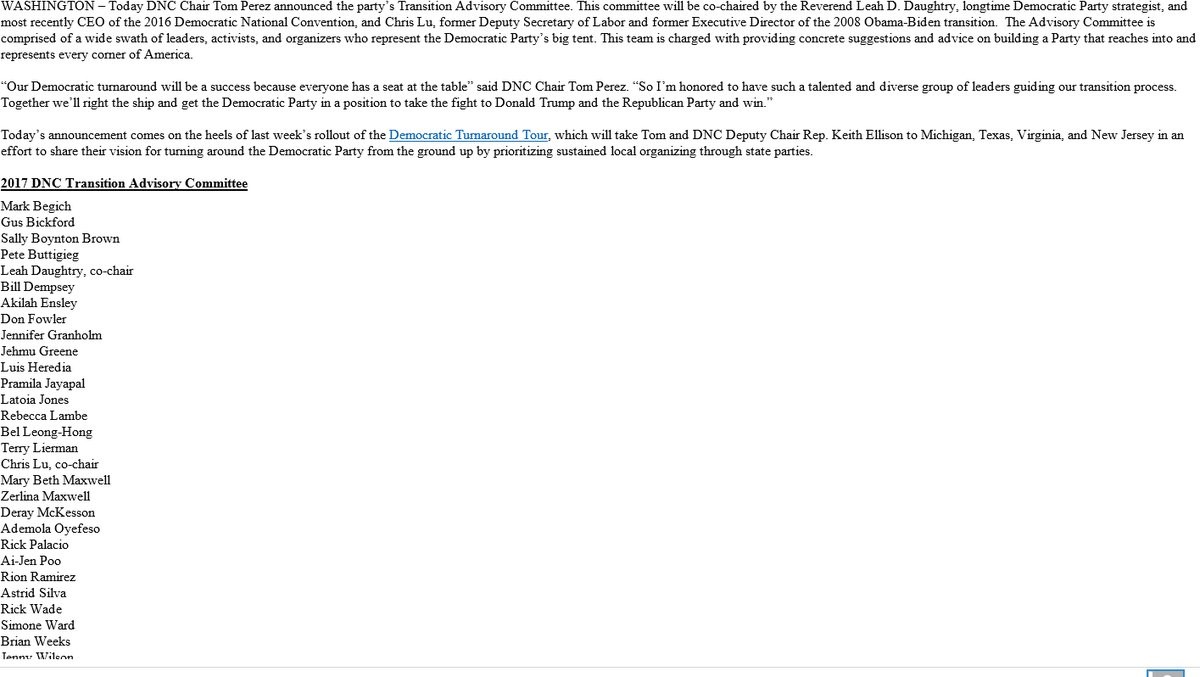Read the proposed budget here from the White House.
 CrayNews
CrayNews
Reuters: President Donald Trump will ask the U.S. Congress for dramatic cuts to many federal programs as he seeks to bulk up defense spending, start building a wall on the border with Mexico and spend more money deporting illegal immigrants.
In a federal budget proposal with many losers, the Environmental Protection Agency and State Department stand out as targets for the biggest spending reductions. Funding would disappear altogether for 19 independent bodies that count on federal money for public broadcasting, the arts and regional issues from Alaska to Appalachia.
BusinessInsider
Trump’s budget outline is a bare-bones plan covering just “discretionary” spending for the 2018 fiscal year starting on Oct. 1. It is the first volley in what is expected to be an intense battle over spending in coming months in Congress, which holds the federal purse strings and seldom approves presidents’ budget plans.
Congress, controlled by Trump’s fellow Republicans, may reject some or many of his proposed cuts. Some of the proposed changes, which Democrats will broadly oppose, have been targeted for decades by conservative Republicans.
In addition to the fiscal year 2018 request, a copy of a supplemental budget for fiscal year 2017 obtained by Reuters shows the administration plans to ask for $30 billion for the Department of Defense and $3 billion for the Department of Homeland Security.
The funds would be allocated this year to cover procurement of military technology such as F-35 fighter aircraft and drone systems, begin construction on the U.S.-Mexico border wall and increase detention space for migrants. Congress likely will consider the supplemental request by April 28, when the current regular funding expires.
Moderate Republicans already have expressed unease with potential cuts to popular domestic programs such as home-heating subsidies, clean-water projects and job training.
OPEN FOR DISCUSSION
Trump is willing to discuss priorities, said White House budget director Mick Mulvaney, a former South Carolina congressman who made a name for himself as a spending hawk before Trump plucked him for his Cabinet.
“The president wants to spend more money on defense, more money securing the border, more money enforcing the laws, and more money on school choice, without adding to the deficit,” Mulvaney told a small group of reporters during a preview on Wednesday.
“If they have a different way to accomplish that, we are more than interested in talking to them,” Mulvaney said.
Democrats criticized the proposal as lacking in detail and said it would be devastating to American families.
“President Trump is not making anyone more secure with a budget that hollows out our economy and endangers working families,” said House of Representatives Democratic leader Nancy Pelosi. “Throwing billions at defense while ransacking America’s investments in jobs, education, clean energy and lifesaving medical research will leave our nation weakened.”
Trump wants to spend $54 billion more on defense, put a down payment on his border wall, and breathe life into a few other campaign promises. His initial budget outline does not incorporate his promise to pour $1 trillion into roads, bridges, airports and other infrastructure projects. The White House has said the infrastructure plan is still to come.
The defense increases are matched by cuts to other programs so as to not increase the $488 billion federal deficit. Mulvaney acknowledged the proposal would likely result in significant cuts to the federal workforce.
“You can’t drain the swamp and leave all the people in it,” Mulvaney said.
The Department of Homeland Security would get a 6.8 percent increase, with more money for extra staff needed to catch, detain and deport illegal immigrants.
WALL MONEY
Trump wants Congress to shell out $1.5 billion for the border wall with Mexico in the current fiscal year – enough for pilot projects to determine the best way to build it – and a further $2.6 billion in fiscal 2018, Mulvaney said.
The estimate of the full cost of the wall will be included in the full budget, expected in mid-May, which will project spending and revenues over 10 years.
Trump has vowed Mexico will pay for the border wall, which the Mexican government has flatly said it will not do. The White House has said recently that funding would be kick-started in the United States.
The voluminous budget document will include economic forecasts and Trump’s views on “mandatory entitlements” – big-ticket programs like Social Security and Medicare, which Trump vowed to protect on the campaign trail.
Trump asked Congress to slash the EPA by $2.6 billion or more than 31 percent, and the State Department by more than 28 percent or $10.9 billion.
Mulvaney said the “core functions” of those agencies would be preserved. Hit hard would be foreign aid, grants to multilateral development agencies like the World Bank and climate change programs at the United Nations.
Trump wants to get rid of more than 50 EPA programs, end funding for former Democratic President Barack Obama’s signature Clean Power Plan aimed at reducing carbon dioxide emissions, and cut renewable energy research programs at the Energy Department.
Regional programs to clean up the Great Lakes and Chesapeake Bay would be sent to the chopping block.
Community development grants at the Housing Department – around since 1974 – were cut in Trump’s budget, along with more than 20 Education Department programs, including some funding program for before- and after- school programs.
Anti-poverty grants and a program that helps poor people pay their energy bills would be slashed, as well as a Labor Department program that helps low-income seniors find work.
Trump’s rural base did not escape cuts. The White House proposed a 21 percent reduction to the Agriculture Department, cutting loans and grants for wastewater, reducing staff in county offices and ending a popular program that helps U.S. farmers donate crops for overseas food aid.


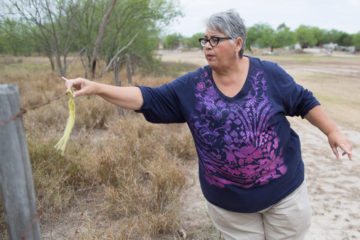
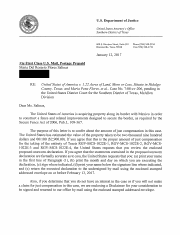
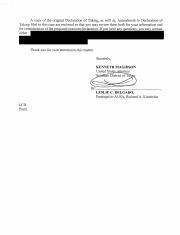
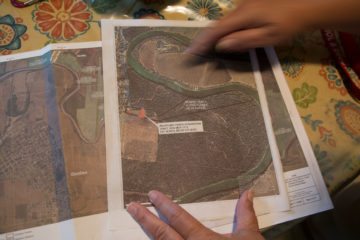
 BET
BET